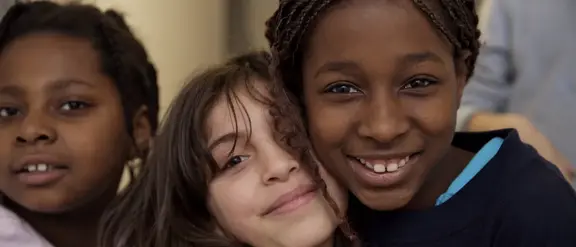Germany: Acceptance of unaccompanied minors
The project strengthens the arrival, support, and integration systems for refugee children and young people who enter Germany without a parent or guardian. The project aims to provide needs-based advice, training, and networking for stakeholders working with unaccompanied minors, enabling them to contribute to the protection, well-being, and equal participation of these children and young people.
The direct target group includes colleagues from advice centers, professionals from authorities, the judiciary and public as well as independent youth welfare organizations, as well as volunteers, such as guardians, who are involved with unaccompanied minors.
Project activities include research into evolving legal areas, a needs assessment, and ongoing advisory services. The transfer of knowledge, networking, and training of both volunteer and professional staff, tailored to the specific needs of unaccompanied children, adolescents, and young adults, are also key focuses. Finally, expert dialogues are held to foster cross-sectoral and networked cooperation among the systems working with unaccompanied minors.
Terre des Hommes ' project partner is the Federal Association for Unaccompanied Minor Refugees (BumF). The project builds upon and consolidates the experiences and successful approaches of its predecessor project ("From Welcome to Arrival").
Project evaluation
The evaluation shows that young, unaccompanied refugees arrive in Germany within a child and youth welfare system fraught with numerous challenges. Political and social discourse, stricter legislation, structural deficiencies, cost pressures, and a shortage of skilled workers negatively impact their situation and participation.
Because flight and migration are increasingly portrayed as a problem in many discourses, this can lead to mistrust of those seeking protection. This intensifies exclusion and discrimination. Practitioners observe a decreasing willingness to acknowledge the needs of children and young people, as well as a decreasing standard of care.
Particularly complex asylum and immigration law issues and changes pose significant challenges for practitioners. The need for training, especially in legal, gender-sensitive, and anti-racist skills, is high. The professionals involved benefit greatly from the training, consultations, and networking opportunities offered within the project.
Download report
